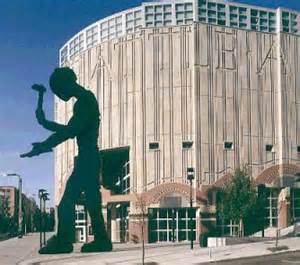Jan 10 2015 - Jul 24 2016
Seattle, WA
In 1917 Marcel Duchamp, using the fictitious name "R. Mutt," submitted Fountain—a factory-made men’s urinal—to the first exhibition of the American Society of Independent Artists, a group he had co-founded to advance the ideas of new art. After heated discussion, the work was rejected and not included in the exhibition. But the event, with Duchamp’s brash challenge to basic assumptions about art, reverberated through the 20th century and beyond. At the most basic level, the artist asked, what makes a work of art? Duchamp asserted that the artistic concept was more important than traditional notions of skill, craft, or beauty. Since his example of nearly a century ago, many artists have created works that are stumbling blocks, pose questions, and reframe our understanding and traditional definitions of art.
Duchamp’s Fountain and other so-called “readymade” artworks opened the door to completely new modes of artistic production. The readymade—a manufactured object that is presented on its own or integrated into more complex arrangements—has continually inspired artists of every discipline, and its ongoing influence is the focus of this installation of works from the Seattle Art Museum’s collection.
Credit: Exhibition overview from museum website
Exhibition Venues & Dates
Jan 10 2015 - Jul 24 2016
Seattle, WA
